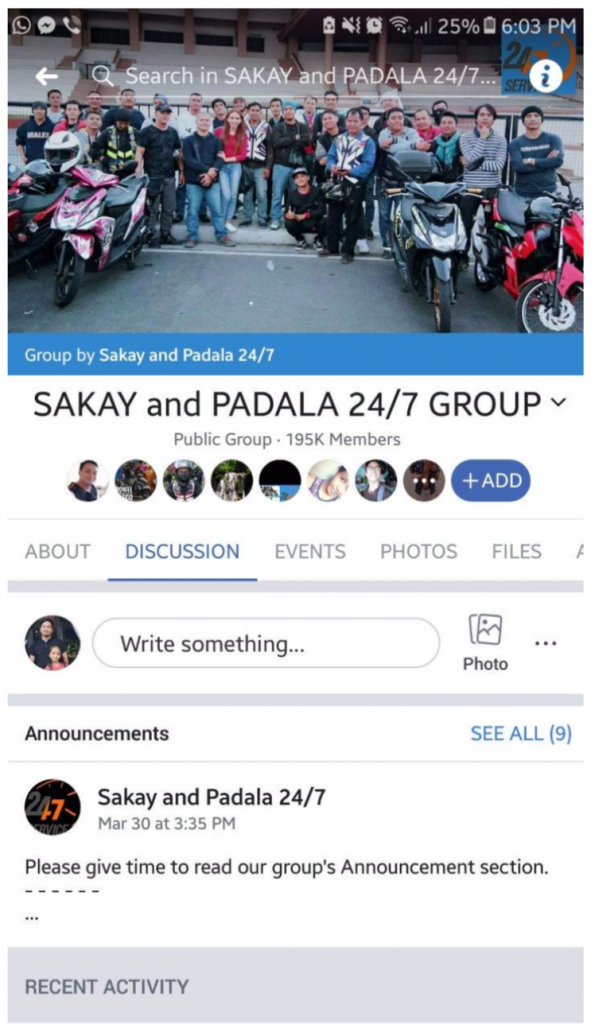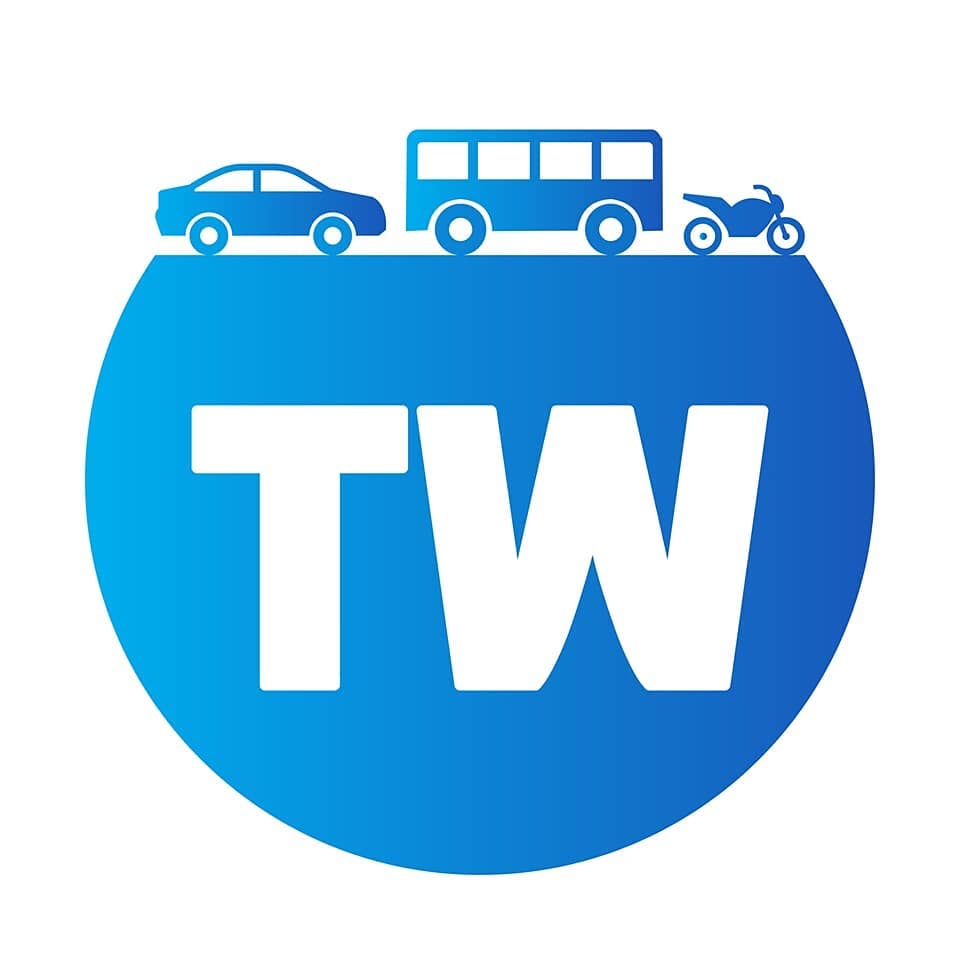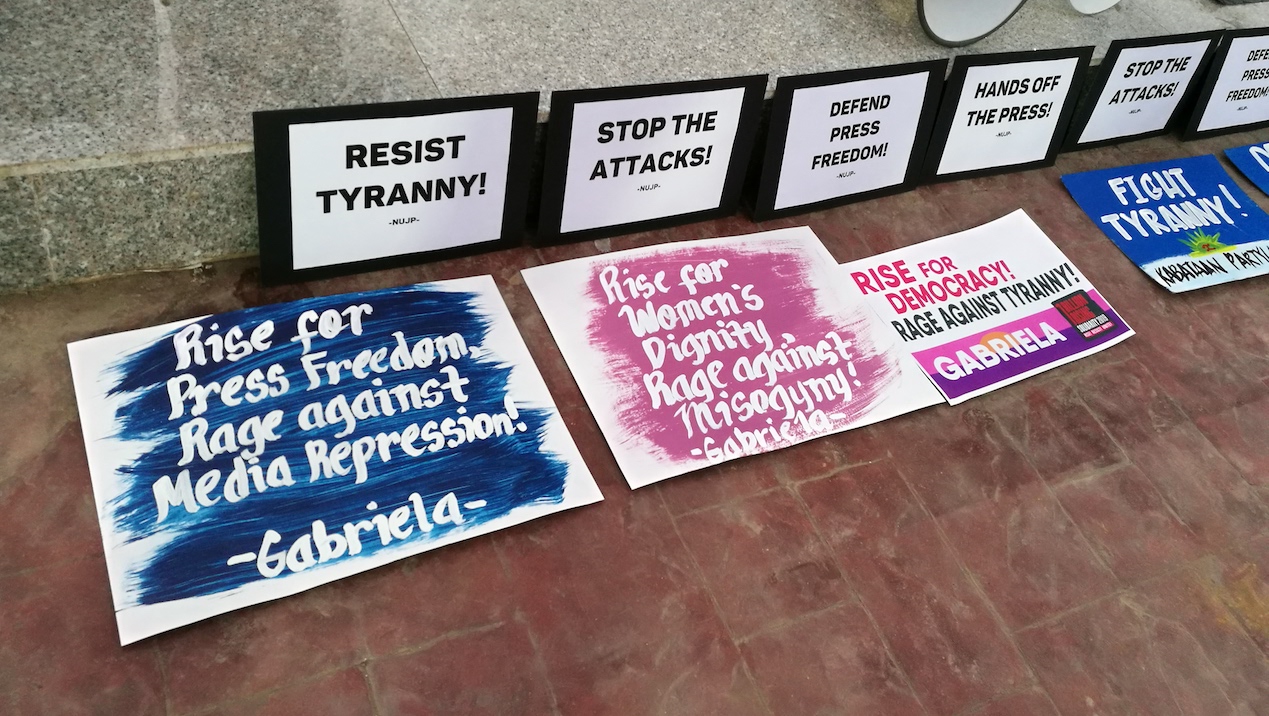#TransportWatchPH , a platform for citizens to air their messages to relevant stakeholders
Transport watch is an initiative that gives citizens a platform to air their messages to relevant stakeholders. Transport Watch advocates are committed to push for policy and legislation that promotes better transport alternatives, road safety and education, as well as raise awareness of the Philippines’ transport issues to the media and their communities.
A few months ago, I visited Cebu for a school reunion and stayed at one of the condominiums at the Cebu IT Park. A motorcyle rider stopped beside me. The first thought that entered my mind as the motorcyle stood there was to hold on to my bag.
“OMG, is he going to rob me?” .
“Am I going to be a victim of the riding in tandem? .
I didn’t even hear him ask “do you need a ride” in Cebuano. I looked around and saw motorcycles transporting passengers to their stops. Oh my, I didn’t realize motorcyles or habal-habal as it is popularly known is a mode of transportation. It struck me that despite the banning of motorcyles as a mode of transportation, it is still running freely around Metro Cebu and I find out much later in Metro Manila and the provinces.
The Land Transportation Franchising and Regulatory Board (LTFRB) says the operation of motorcycle-ride booking is unlawful since the category of transport network vehicle service (TNVS) only covers sedans, Asian utility vehicles (AUV), sport utility vehicles (SUV), vans, and other four wheeled vehicle. Under the present law, motorcycles are allowed to ply the roads as private or government vehicles and not as a means of public transport where passengers may be charged fees for their rides.
But why is habal-habal so popular?
I did a simple search on Facebook and discovered that there are number of groups that provide underground backriding services such as the Sakay and Padala 24/7 Group with over 195,000 members. There are more than 10 facebook pages on similar services.

Despite the ban by the LTFRB, this facebook page and others show a huge demand for motorcycle riding services. The government needs to take a second look at habal-habal.
Transport Watch is launched
A group of transport advocates met last month to discuss not only transport and mobility issues in Metro Manila, but to tackle issues in the provinces, such as Cebu, Davao, and other key cities in the country. My experience in Cebu prompted me to take a second look at all means of transportation. I am joined by transport advocate and co-convenor of Two Wheels, One Nation George Royeca and lawyer and former Ateneo Law School dean Tony La Viña .
Philippine transport sector continues to be besieged with major challenges, including capacity problems and frequent breakdowns of the metro rail transit, underground transport operators, more commonly known as habal-habal, have been growing in number, even swarming to one of the leading social networking sites: Facebook.
It is time for citizens to be heard by the stakeholders.
Facebook as the newest “Transport Network Company”
As its first order of business, the Transport Watch convenors called out Facebook as the newest “Transport Network Company” since underground habal-habal operators have been offering their services through this social network. Habal-habal operators post specific time schedules and the routes they travel and also indicate their mobile numbers on the social networking site–all under the government radar.
How do these underground operators actually work? A passenger will post their pick-up and drop-off location, what time they need the ride and how much they want to pay. Drivers will then send a private message (PM) to the passenger to agree on a time and compensation. Once an agreement has been set, the driver then proceeds to the pick-up location.
There are documented cases where passengers are duped or even robbed but tracking them down has become nearly impossible because many operators do not give their true identities. And although there have been many documented complaints about the underground habal-habal drivers, the Facebook page administrators suppress such complaints by deleting them immediately, leaving the complaints unresolved and passengers unheard.
Push for sustainable and inclusive mobility
So what is the government doing while our poor commuters are forced to ride underground habal-habals while risking their lives and property in the process?
Perhaps it is time to regulate habal-habal. This will make the operators toe the line, professionalize, and make their service legitimate and efficient. The Land Transportation and Traffic Code prohibits the use of a motorcycle as public transport, while Sections 447 and 458 of the Local Government Code, or Republic Act 7160, regulates only tricycles (motorcycles with passenger sidecar).
Three bills proposing to amend these laws were filed by Misamis Oriental Representative Juliette Uy, Cebu Representative Raul Del Mar, and Cebu Representative Ramon “Red” Durano VI. All three bills are pending with the House committee on transportation. Whether these will be passed remains to be seen.”
I am aware on the concerns of road safety and education , so let us pass the House Bill 1725 on National Transport Safety Board Bill and the House Bill 1249 on basic education the subject of Road Rules, Regulations and Safety.
Let’s not forget inclusive mobility covers the Roll On- Roll off, ferries, bicycles and even walking which needs sidewalks.
Call to action
Transport Watch, is ready to hear your suggestions, complaints or concerns . You can send your message via the Transport Watch PH Facebook page or tag us on twitter with the hashtag #TransportWatchPH. Let’s take the discourse beyond Metro Manila. Let me know what’s happening in the provinces. How is the roro? Ferry? Motorcycles? Buses? Through this platform, citizens will be able to air their opinions to relevant stakeholders and get real answers.




